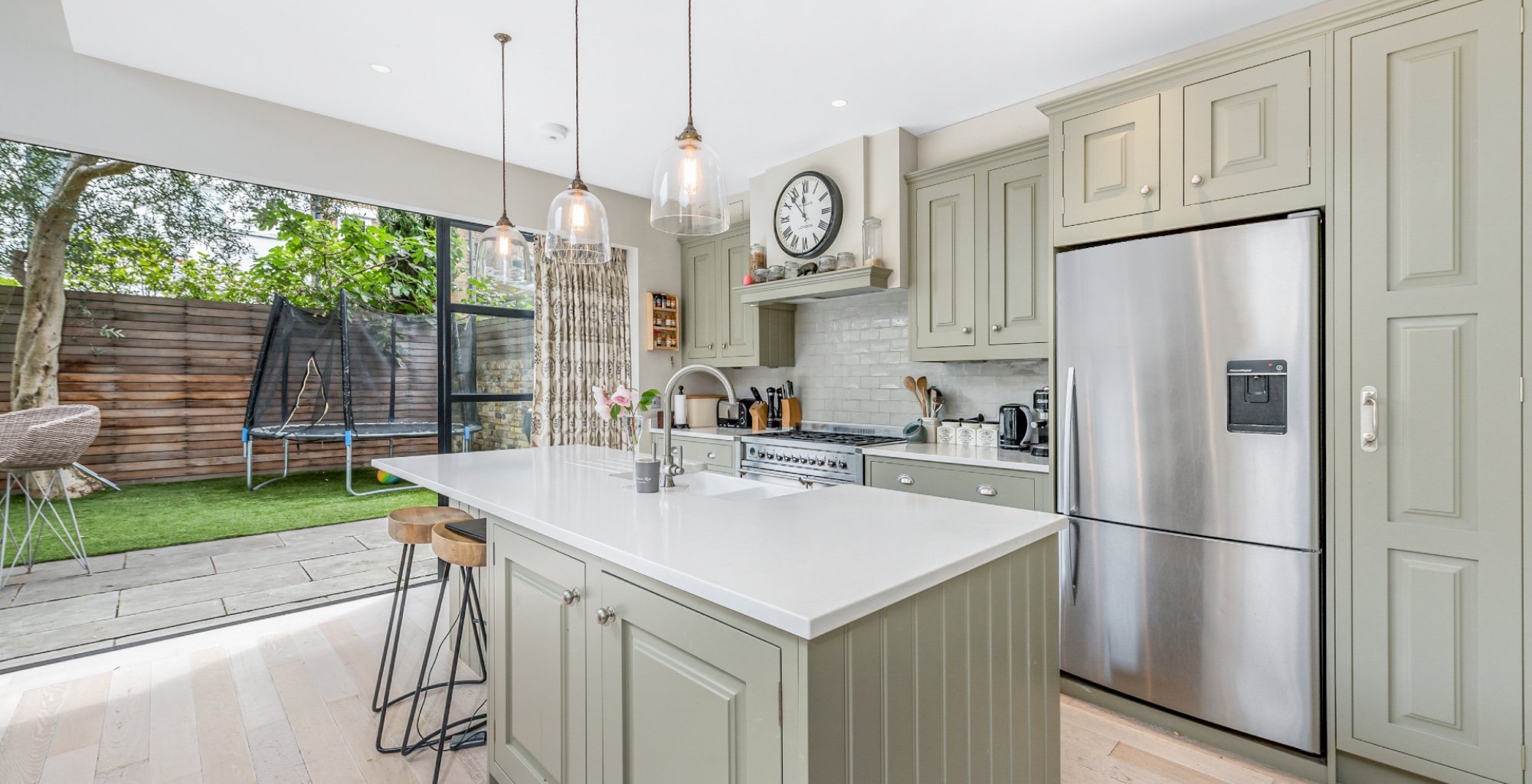Does It Pay to Renovate Your House Before Selling?

Table of Contents
Yes, it can certainly be beneficial to renovate your house before selling. Renovations can enhance your property, making it more attractive to potential buyers and potentially increasing the selling price.
However, it’s important to assess your home’s current condition, the local real estate trends, and the potential return on investment for the renovations. Remember, if the renovations aren’t carefully planned, they may not necessarily ensure a higher return.
So, before you embark on a major overhaul, it’s worth investing some time in understanding which upgrades are profitable and will add tangible value to your home. Wouldn’t learning which renovations can give you the best value for your money would be exciting?
Evaluating Your Home’s Current Condition
Before diving into any renovations, taking a good, hard look at your home’s current condition is important. You want to make the best possible impression on potential buyers, so addressing any obvious issues upfront is essential.
Start with a walkthrough of your home, looking at it through a buyer’s eyes. Notice anything that stands out, like peeling paint, cracked tiles, or a leaky faucet. You might’ve become accustomed to these flaws, but a fresh pair of eyes will pick them out instantly.
Next, consider hiring a professional home inspector. They’ll identify hidden problems, such as structural issues, outdated wiring, or a faulty HVAC system. Fixing these issues now could save you from negotiations or deal-breakers later.
Also, evaluate your home’s layout and design. Does it feel outdated or cramped? Perhaps you could knock down a non-load-bearing wall to create an open floor plan, or update fixtures and finishes for a more modern feel.
Real Estate Market Trends
Once you’ve assessed your home’s condition and considered possible improvements, it’s time to get a handle on the current real estate market trends. Understanding these trends is important because they can greatly impact your renovation decisions and the potential profit from your property sale.
Start by analyzing your local market. Is it a buyer’s or seller’s market? In a seller’s market, homes are in high demand, and you mightn’t need to invest much in renovations to get a good price. However, in a buyer’s market, making certain improvements could help your property stand out and fetch a higher price.
Next, identify the hot-ticket items in the housing market. Are buyers looking for energy-efficient homes? Do they value smart home features or prefer traditional ones? You should also keep an eye on the average house prices in your area. If they’re decreasing, hold off on expensive renovations. But if they’re increasing, strategic investments could pay off.
Lastly, consider how long you’re willing to wait to sell. If you’re in no rush, you could wait for the market to turn in your favor. Understanding real estate market trends involves careful study and patience, but it could make a huge difference in your selling experience.
Pros and Cons of Pre-Sale Renovations
Pros:
- Increased Home Value: Renovations can significantly boost the market value of your house, potentially offering a higher return on investment.
- Enhanced Buyer Appeal: Modern and updated features can make your home more attractive to potential buyers, facilitating a faster sale.
- Competitive Edge: Upgraded properties can stand out in the market, especially in competitive real estate environments.
Cons:
- Upfront Costs: Renovations require an initial investment, which can be substantial depending on the scope of work.
- Time Consumption: The renovation process can be time-consuming, potentially delaying the listing and sale of your home.
- Uncertain ROI: There’s no guarantee that the renovation costs will be fully recouped through the sale, especially if market conditions shift or the renovations don’t align with buyer preferences.
Financial Implications of Home Upgrades
Grasping the economic aspects of home enhancements is crucial, especially when you’re looking to sell your house for free. It’s essential to devise a budget that aligns the expected boost in your home’s value with the expenditures on renovations. Not every upgrade will offer a substantial return on investment (ROI).
Before diving into the world of renovations, performing a cost-benefit analysis is imperative. Consider the expenses associated with materials, labor, and the duration of the renovations. Also, include potential unforeseen costs such as permits, inspections, and surprise repairs that may emerge during the remodeling process.
It’s also worth considering the market trends in your area. Are buyers willing to pay extra for renovated properties? You mightn’t recoup your investment if the market is lukewarm towards upgrades.
Finally, consider how the renovations could affect your home’s tax assessment. Major upgrades can increase your property’s value, which might lead to higher property taxes. It’s crucial to consult with a real estate professional or tax advisor to understand the full financial impact.
Making the Final Decision
After contemplating the most profitable renovations, it’s time to make your final decision on what improvements your house truly needs before putting it on the market. Remember, not all renovations will give you a high return on investment. You’ll need to assess your home’s current condition, budget, and area’s housing market.
First, think critically about your home’s shortcomings. Would a potential buyer be put off by an outdated kitchen or bathroom? Is there a lack of curb appeal? Next, determine what you can realistically afford to spend on renovations. You don’t want to overspend and risk not recouping your investment.
Don’t forget to take into account your local housing market. If homes in your area are selling quickly and for a good price, major renovations may not be necessary. On the other hand, if the market is slow, making your home stand out with thoughtful improvements could be advantageous.
Lastly, consider consulting a real estate professional. They can provide valuable insight into what buyers in your area are looking for and which renovations may be worth your time and money. After weighing all these factors, you’ll be well-equipped to make an informed decision.
Conclusion
So, should you renovate before selling? It depends on your home’s current state, the real estate market, and your budget. Weigh the pros and cons carefully.
Remember, not all upgrades guarantee a profit. Do your research and make an informed decision. Ultimately, it’s about balancing investing in your property and maximizing your return.
Don’t over-improve, though; sometimes, less is more in the eyes of potential buyers.






